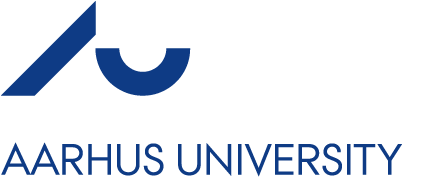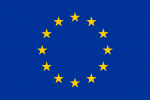On 31 May we held a roundtable discussion titled “what is your role in the green transition” in Aarhus. AURORA project partners from other demo sites, as well as some citizens in Aarhus, who are interested in crowdfunding the solar cooperative in Aarhus, participated in the discussion.
The session started by a presentation by Erik Christiansen, founder of Copenhagen Solar Cooperative and Middelgrunden Offshore Wind Cooperative and co-author for the Handbook for Energy Communities. Erik shared the history of different types of energy cooperatives in Denmark and the current Danish legal framework for energy communities. Steen Luk from the Aarhus Wind Cooperative briefly introduced the on-going project to invite citizens to crowdfund the installation of wind turbines at the Aarhus harbour, followed by a quick update from the AURORA team in Aarhus on the status of the solar cooperative.
Participants discussed among other things the challenges of setting up energy communities at their universities in the AURORA demo sites. In some demo sites, e.g. in Spain and Portugal, lack of specific legal clarifications on renewable energy communities (REC) is the biggest challenge. Universities as public institutions are not covered in the REC definitions so the partners are working on alternative frameworks and models to engage their universities in the establishment of the REC. The experience in Denmark with the new “prosumer via third party” framework proves that the bureaucratic decision-making process towards new models could be another hurdle on the way.
In other demo sites, i.e. Slovenia, students’ low interest to participate financially but keenness to community discussions and workshops leads to the decision that the energy community will be set up as Student Energy Club for educational purpose and to raise awareness. In FoDD demo site, because the solar photovoltaic systems are going to be installed on the rooftops of a school, additional approval needs to obtained.
The discussion also touched on other interesting topics such as a fair return-on-investment rate for the energy cooperatives to encourage citizens and action plans in Aarhus to become CO2 neutral city. By sharing and exchanging experiences at the different demo site, the project partners learn from each other, and the citizens get to know what is happening behind the scenes.




